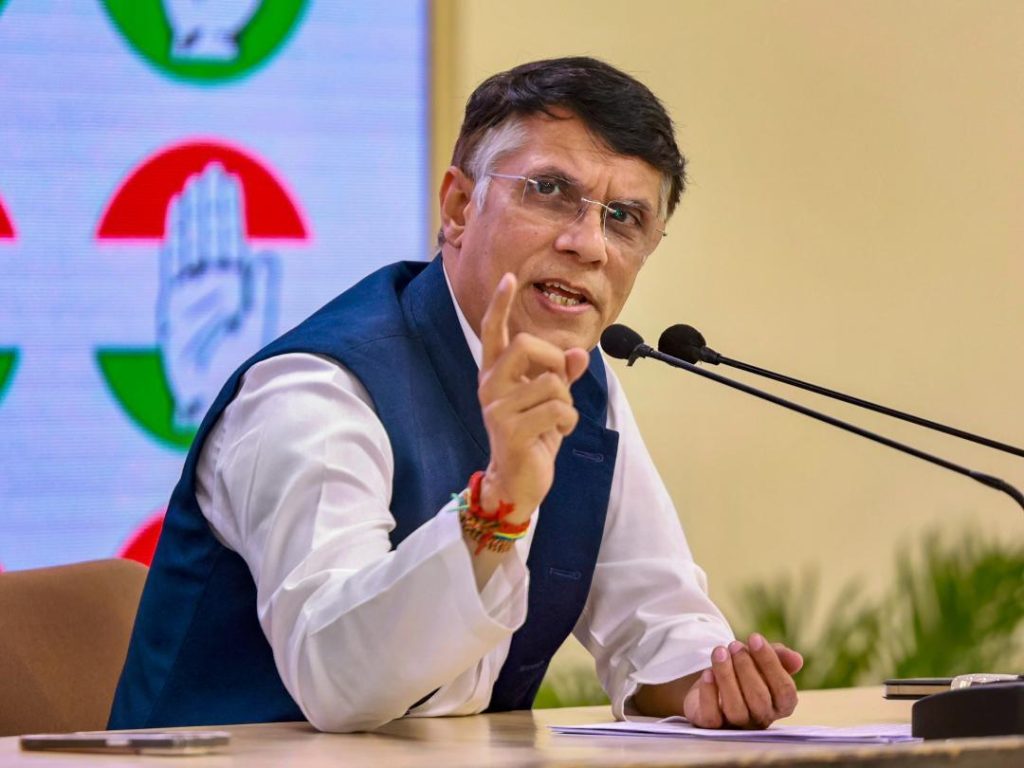
Israel Shares Map Showing J&K in Pakistan, Apologises Later
In a bizarre incident, the Israel Defense Forces (IDF) shared a map on social media that showed the Indian union territory of Jammu and Kashmir as a part of Pakistan. The map was shared on Twitter and quickly went viral, sparking outrage and ridicule from users across the globe. The incident highlights the importance of verifying information before sharing it, especially when it comes to sensitive topics like geopolitics.
The map was shared by the IDF’s official Twitter handle, which has over 2.5 million followers. It showed the contours of the Indian subcontinent, with Jammu and Kashmir marked as a part of Pakistan. The map also showed the disputed territories of the West Bank and Gaza Strip as part of Israel, while the Golan Heights were shown as part of Syria.
The map was met with swift criticism from users, who pointed out the glaring error. Congress leader Pawan Khera was one of the first to target Prime Minister Narendra Modi, saying, “Another day, another feather in Vishwaguru’s cap. His ‘friend’ shows J&K as a part of Pakistan.” Khera’s tweet was accompanied by a screenshot of the map, which quickly went viral.
The IDF later issued an apology, saying that the map was an illustration and did not depict precise borders. The organization claimed that the map was meant to be an educational tool, but it appears to have fallen short of its mark.
The incident has sparked a heated debate on social media, with some users accusing the IDF of being careless and insensitive. Others have pointed out that the mistake was likely an honest error, rather than a deliberate attempt to spread misinformation.
However, the incident is not without precedent. In recent years, there have been several instances of governments and organizations sharing incorrect or misleading information on social media. In 2020, the US State Department was forced to issue a correction after it shared a map that showed Taiwan as a part of China.
The importance of verifying information before sharing it cannot be overstated. In the age of social media, misinformation can spread quickly and have serious consequences. It is essential that governments, organizations, and individuals take steps to ensure that the information they share is accurate and reliable.
In conclusion, the IDF’s mistake is a reminder of the importance of verifying information before sharing it on social media. While the organization has apologized for the error, the incident highlights the potential consequences of spreading misinformation. It is essential that we remain vigilant and take steps to ensure that the information we share is accurate and reliable.






